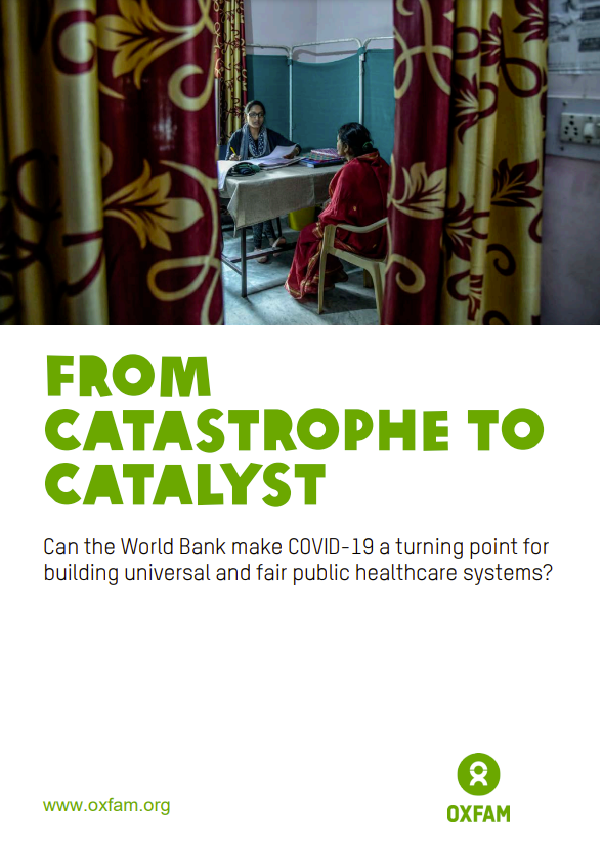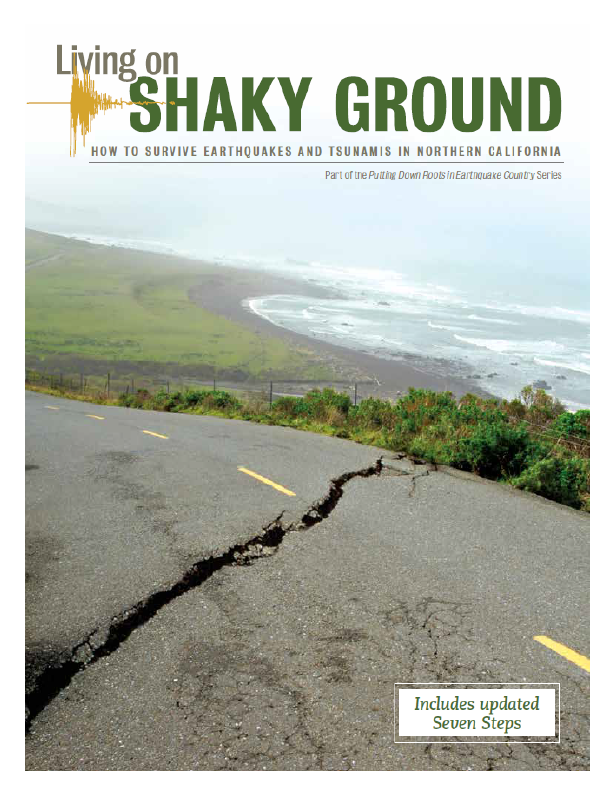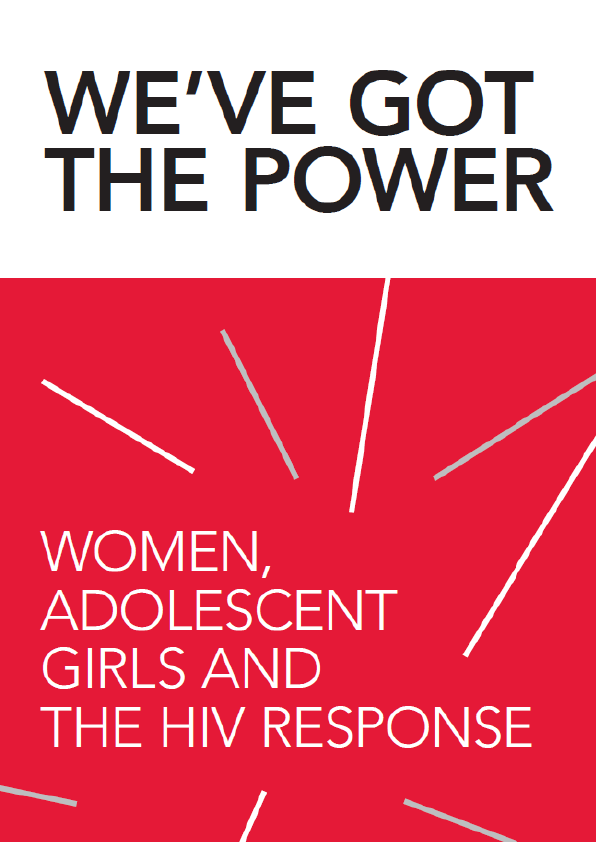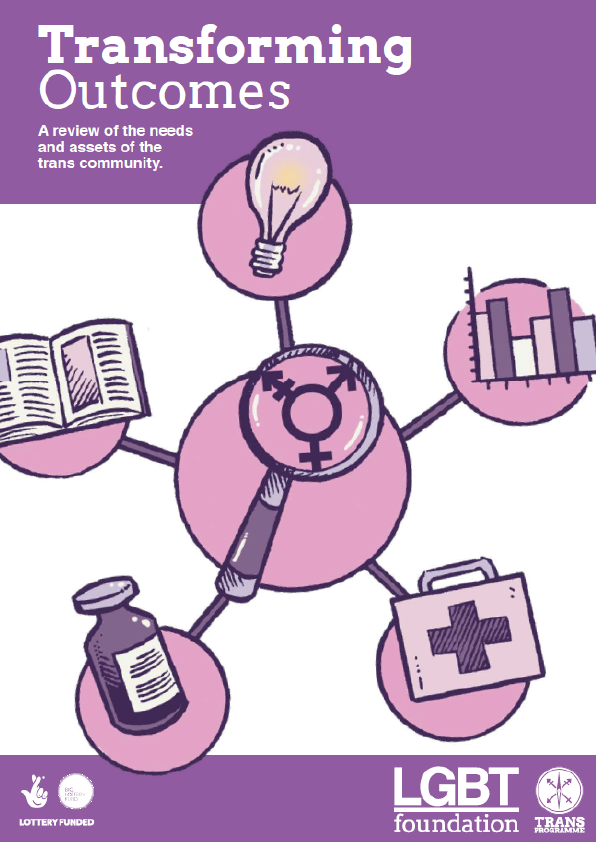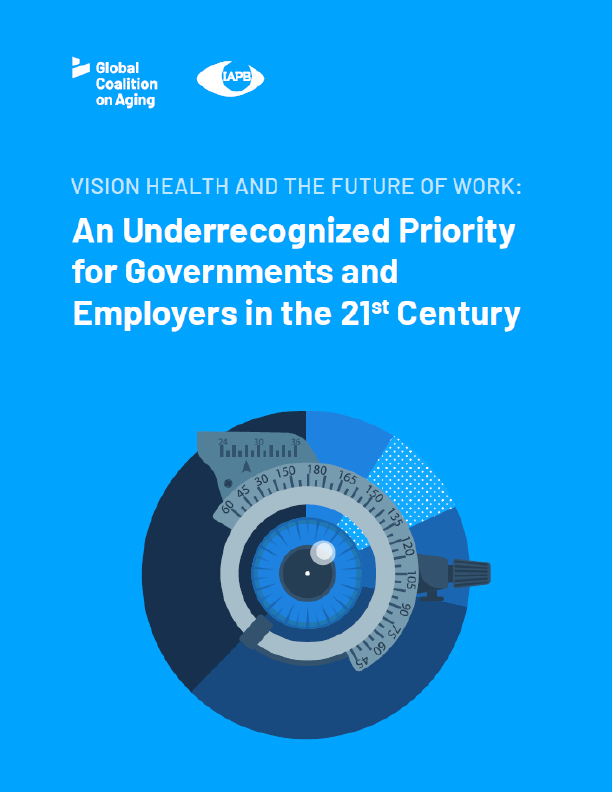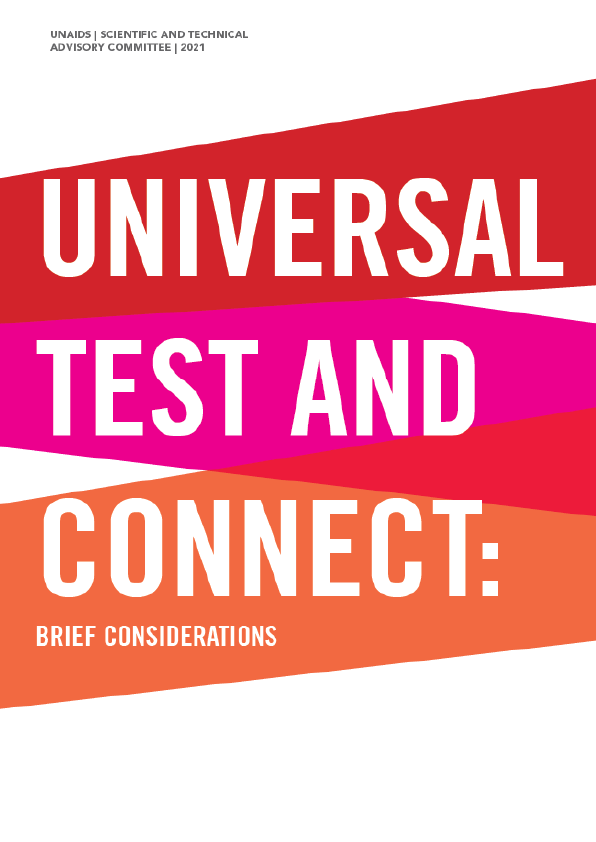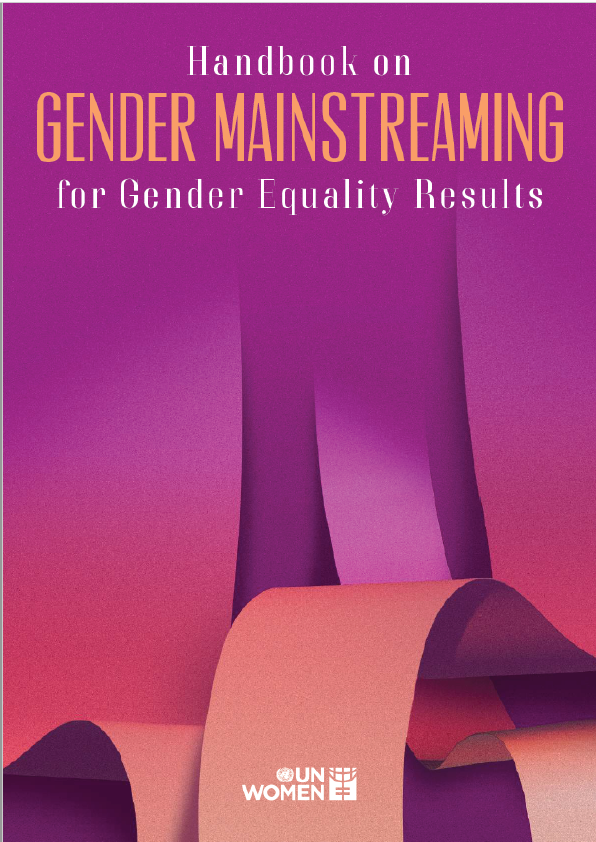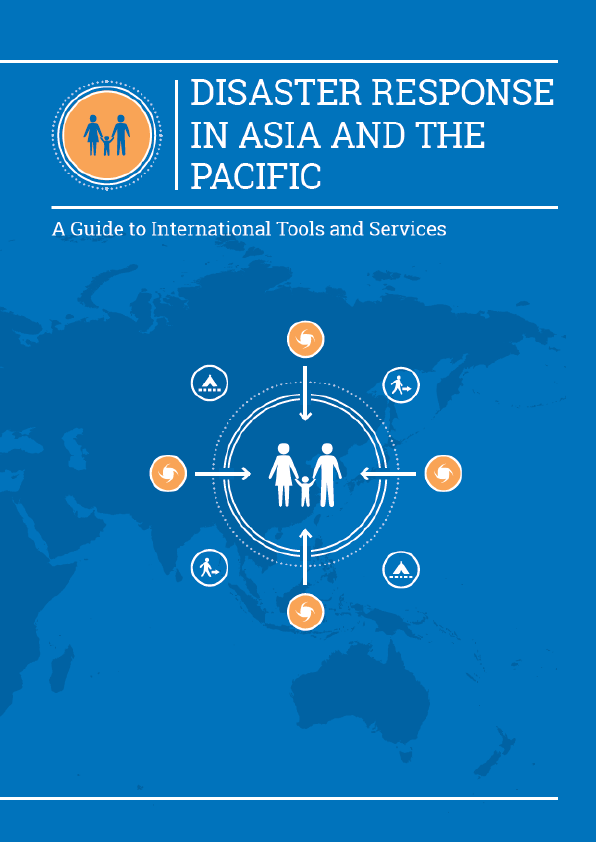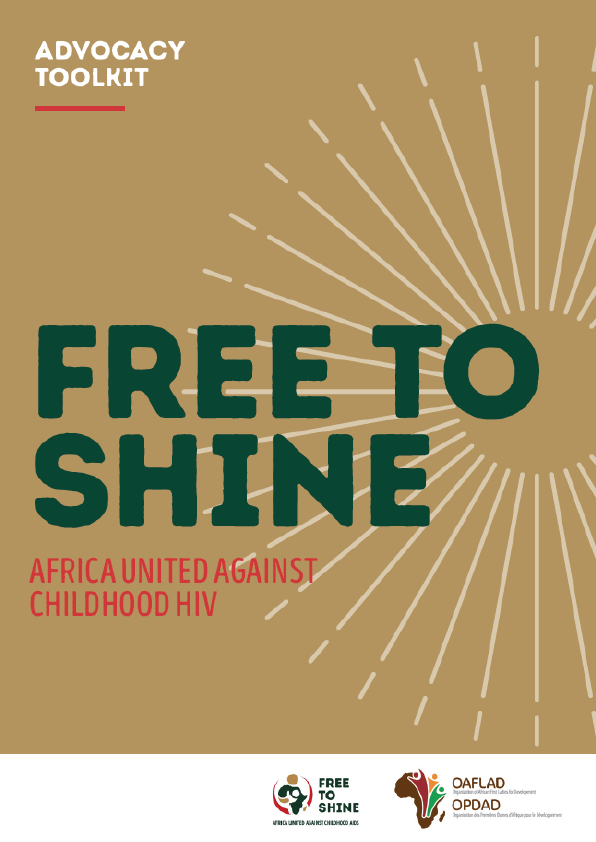From catastrophe to catalyst
Can the World Bank make COVID-19 a turning point for building universal and fair public healthcare systems?
Coronavirus disease 2019 (COVID-19) is a contagious disease caused by a virus, the severe acute respiratory syndrome coronavirus 2 (SARS-CoV-2). The disease spread worldwide, leading to the COVID-19 pandemic.
COVID-19 has exposed the widespread failure to invest in strong and universal public health systems, putting millions of lives at risk and dramatically widening health inequalities. Oxfam analysed the World Bank’s emergency health funding to 71 countries in response to the pandemic. While its response has been rapid and significant, Oxfam finds that the World Bank has missed vital opportunities to strengthen public health systems so they can tackle COVID-19 and deliver health for all in the future.
The research outlined in this briefing finds that 89% of World Bank projects do not plan to support any action to remove financial barriers, including user fees, that exclude millions from life-saving care; and two-thirds lack any plans to increase the number of healthcare workers. An urgent course correction is needed to help countries effectively fight the pandemic and build fairer, more resilient universal healthcare systems.
The COVID-19 pandemic has plunged countries around the world into an extreme health and economic crisis. In countries that lack free quality healthcare for all, people in poverty are more likely to go without testing or treatment, and the pandemic could push up to half a billion more people into poverty. The International Monetary Fund (IMF), World Bank, and Organisation for Economic Co-operation and Development (OECD) have all warned that COVID-19 is likely to lead to an increase in inequality in almost every country, in what the World Bank President has called an ‘inequality pandemic’.
COVID-19 has shown the world how our health is fundamental to our collective security, safety and prosperity. The pandemic has also exposed long-standing and fatal cracks in health systems, especially in low- and middle-income countries, that have seen their public finances hollowed out by decades of austerity policies and a rigged global economic regime.
Today, these nations face vastly increased demand for health services, alongside the brutal financial squeeze of recession, burgeoning debt, and further austerity measures.6 The pandemic is overwhelming health systems, and reducing access to other life-saving services, especially for people in poverty and women. In Kenya, for example, maternal health resources and workers have been redeployed to tackle the virus, and globally, reduced perinatal care due to COVID-19 could cause maternal deaths to increase by between 8% and 39% each month.
In response to this crisis, the World Bank has stepped up, and provided rapid and substantial financial support to low- and middle-income countries. In March 2020, it announced $6bn in initial health funding through the COVID-19 Fast Track Facility, part of $160bn in broader pandemic financing across sectors. In April the Bank’s Board of Directors approved a COVID-19 Strategic Preparedness and Response Program (SPRP), providing a framework for recipient-country projects under a Multiphase Programmatic Approach (MPA). This framework underlines the importance of rapid disease response and containment measures as well as broader health system strengthening and indicates support for investing in prevention, health workers, and removing financial barriers to healthcare.
